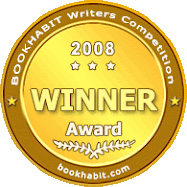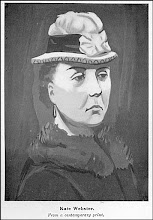 Leonard Barden
Leonard BardenSaturday August 8 2009
The Guardian
---
David Howell, 18, triumphed with an unbeaten 9/11, seven wins and four draws, in the British Championship at Torquay. The teenager from East Sussex is already the youngest ever UK grandmaster and is now the second youngest British champion after Michael Adams, who won the title at 17.
Howell rode his luck in some games, notably in round two when Mark Hebden missed an instant win, but overall his total was an impressive performance which suggests he can improve to join Adams and Nigel Short at the top of the game.
Howell first hit the headlines at the age of eight when he beat the grandmaster John Nunn in a speed game, a world age record. At nine, he became the youngest to qualify for the British Championship final tournament and three years later, he drew a speed game against the then world champion Vladimir Kramnik. He took his A levels early and has improved rapidly for the past year. In 2008 he was beaten in the final round of the world junior (U20) championship and he will try again for the title at Mar del Plata, Argentina, in October.
Today, Howell joins England's optimum team, led by Adams and Short, for a 10-round match against the Netherlands at Simpsons in the Strand, London. Play is every afternoon until 17 August and spectators can watch for free. The legendary Viktor Korchnoi, 78, competes in an individual event.
Below the game was complex but level until Black blundered by 21...Rd8? (Bb5+ 22 c4 Bc6) and had to resign three moves later faced with heavy material loss.
D Howell v R Palliser
1 d4 Nf6 2 Bg5 d5 3 Bxf6 gxf6 4 e3 c5 5 dxc5 e6 6 Nd2 Bxc5 7 g3 Nc6 8 Ne2 d4 9 exd4 Qd5 10 dxc5 Qxh1 11 Nc3 Qxh2 12 Nde4 O-O 13 Qd2 Rd8 14 Nxf6+ Kh8 15 Qg5 h6 16 Qg4 Qh1 17 Rd1 Rxd1+ 18 Nxd1 Bd7 19 Ne3 Ne5 20 Qf4 Nf3+ 21 Ke2 Rd8? 22 Bg2 Ng1+ 23 Kf1 Qh2 24 Nfg4 1-0
Lower down the table the rising Durham expert Jonathan Hawkins, 26, scored an IM result as he did in 2008. Here his sharp 12 Kf1 varies from 12 Bd2. Black should have tried 15...Bxd4 16 Nxd4 Nxd4 when the N stops the deadly Qf3. Black's Rd7? fell for mate when 19...Rf8 20 Bh6 Bd7 held out longer.
J Hawkins v S Sen
1 d4 Nf6 2 c4 g6 3 Nc3 d5 4 cxd5 Nxd5 5 e4 Nxc3 6 bxc3 Bg7 7 Bc4 c5 8 Be3 O-O 9 Ne2 Nc6 10 Rc1 cxd4 11 cxd4 Qa5+ 12 Kf1!? Qa3 13 Rc3 Qd6 14 h4 Rd8 15 h5 Nxd4? 16 Nxd4 Bxd4 17 hxg6 hxg6 18 Rd3 e5 19 Qf3 Rd7? 20 Bg5 Kg7 21 Qh3 1-0
3099 1...Rf4! 2 Rxc7 Qh6! and White resigned due to 3 Rxd7 Rh4 and Rxh2+.
---
guardian.co.uk Copyright (c) Guardian News and Media Limited. 2009















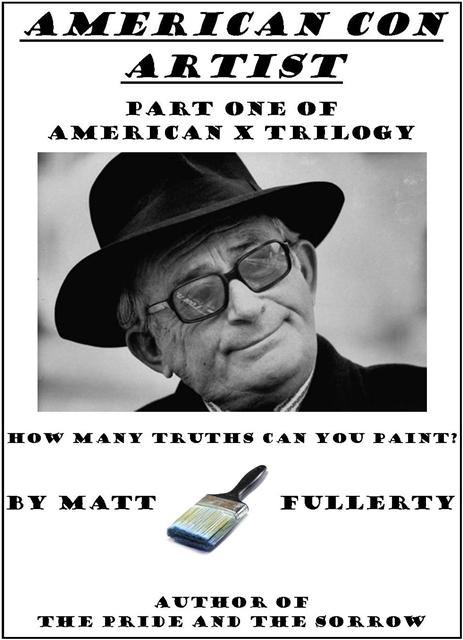cropped.jpg)
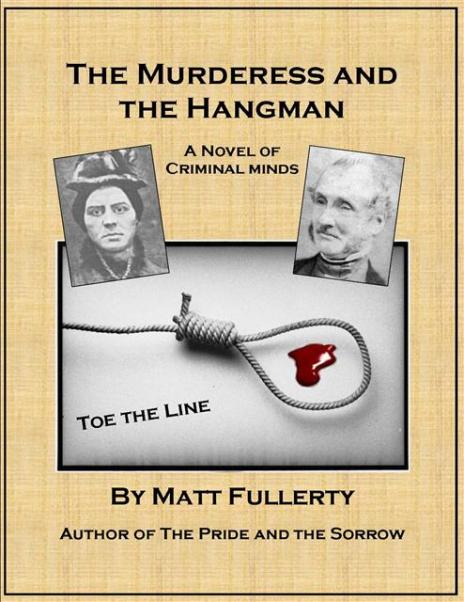.jpg)
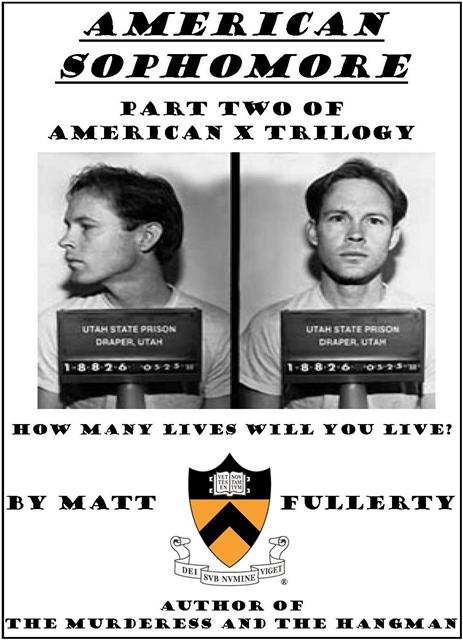cropped.jpg)
cropped.jpg)
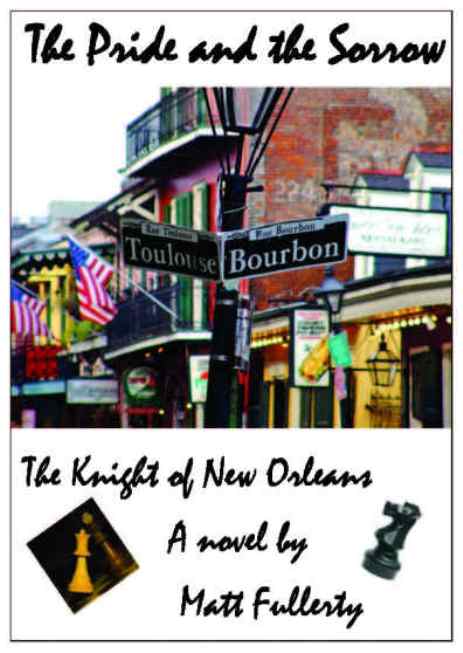2.jpg)
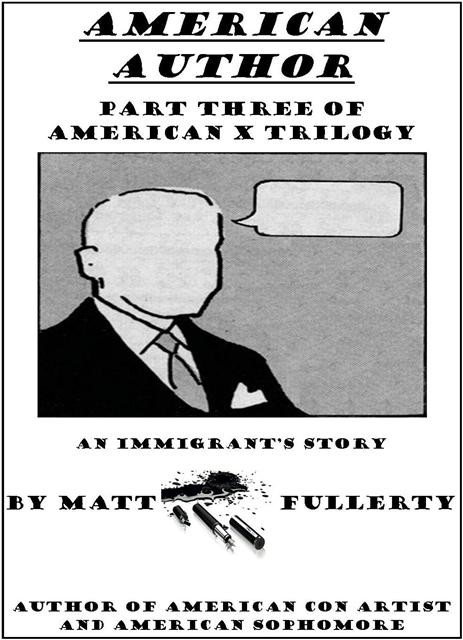Cropped.jpg)
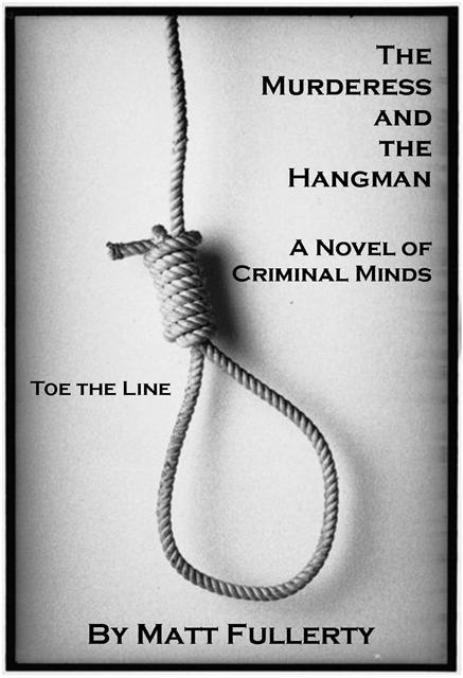cropped.jpg)
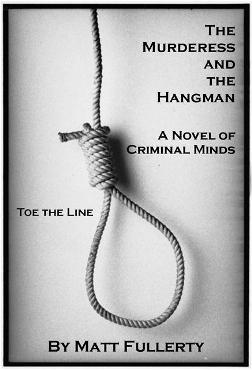4.jpg)

